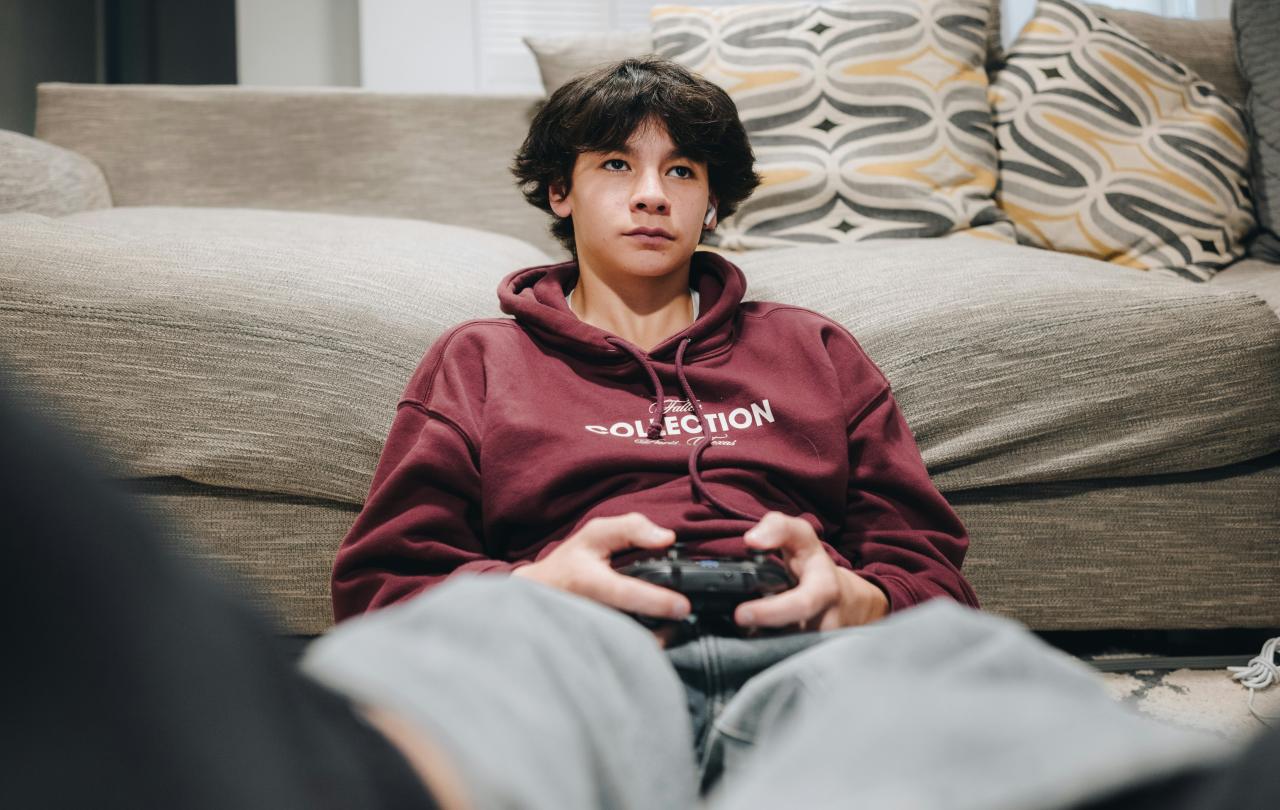
“I hate football,” said the mother of two mad keen footballing children. The clue to the hatred is maybe in the ‘mad keen’. Why do children and adults care so much about football?
“That Champions League music is so pompous…!”
“It’s only a football match! They make it too important. If their team loses then they are miserable for the whole weekend.”
“We can’t plan holidays until the fixtures come out.”
The money spent, the jobs refused, lost or short-changed, all because of football. A giant banner at a recent Everton home game read “I simply love you more than I love life itself”.
And there is football manager Bill Shankly wisdom: “Football is not a matter of life and death. It’s more important than that.” At least that was a typical Shankly quip, hyperbole for effect.
Why do some of us love football so much?
It often goes back to childhood. Playing with mates, scoring a goal, saving a goal, enjoying the togetherness, the shared aim, the friendships formed. Then there’s that first experience of going to a match. Up the stairs and there before you is a great huge rectangular expanse of green grass. Back in the day, it was maybe not so green, but still way more impressive than your back garden or the local park. Then comes the drama, unscripted, of the game. The sways of emotion, the joy, the frustration, and all experienced as part of a bigger community. When you kick a ball with your mates aged 50, or go to a game aged 80, you are doing something that connects you with your childhood enthusiasm, joy and wonder.
Then there are the family connections. You may have gone to that first match with your Mum, Dad, Grandad, older brother or sister. When Everton supporters were asked about their feelings at the last Premier League game at Goodison Park, again and again they referenced family members who they had gone to the match with. Some passed away, some no longer able to go, even some whose ashes were buried behind the goal.
There are the great memories of games seen or even played in. That win from 2-0 down, that last minute goal, the euphoria of a Cup win against the odds. And the memories are shared ones, with family, with friends. Football can write some miserable scripts, 0-0, 0-1, 0-6, but it can also write some wonderful memorable dramas.
Love for family, for friends, for a team, for players is a deep emotion and when that love is linked to victory or defeat the stakes are raised.
There is another reason which can touch us all, football-lovers or football-haters. Deep down we all want to be winners in life, not losers. The feeling of victory, not defeat, is such a treasured one. And the win, or loss, is a shared one: we are part of a group together, an identity together. Love for family, for friends, for a team, for players is a deep emotion and when that love is linked to victory or defeat the stakes are raised. In life we want goodness to win over evil, kindness to win over cruelty. The reason every Church shows the symbol of the Cross is because there was the ultimate demonstration of purposeful love, the sacrifice for the sins of the world, down the ages, across the world. When the apostle Paul writes to beleaguered, persecuted Christians facing death at the hands of Emperor Nero, he tells them “We are more than conquerors,” more than winners.
Football, playing or watching, taps into that deep feeling of victory. “We’re on the march with (manager’s name here!) army…. And we’ll really shake them up when we win the FA Cup…” When my team faced the prospect of relegation I wondered why I was feeling butterflies, and more than butterflies, in my stomach. Why did I care so much about this game of football, and the result at the weekend? Yes, because it affected people’s lives, because it would mean loss of income and job losses at the club if relegation happened. But also, because the feeling of defeat, of failure, would hang over us, and that feeling goes deep, to the pit of the stomach.
So why do some of us care so much? Because football taps into deep feelings; of family and friendship, joy and elation, togetherness and identity, and that wonderful feeling of victory… or the sorrow of defeat. Those feelings go deep. The problem is that football, unlike the Cross, sometime delivers, but definitely doesn’t always. That’s a reason why the mum of those those two mad-keen football-loving children should try and make sure that her two sons have other interests besides football, another faith beside faith in their team. Football is part of life, but not all of life. I also hope she stops hating what can be a beautiful, enchanting, community-fostering game, with many a helpful story to tell.
Support Seen & Unseen
Since Spring 2023, our readers have enjoyed over 1,500 articles. All for free.
This is made possible through the generosity of our amazing community of supporters.
If you enjoy Seen & Unseen, would you consider making a gift towards our work?
Do so by joining Behind The Seen. Alongside other benefits, you’ll receive an extra fortnightly email from me sharing my reading and reflections on the ideas that are shaping our times.
Graham Tomlin
Editor-in-Chief





